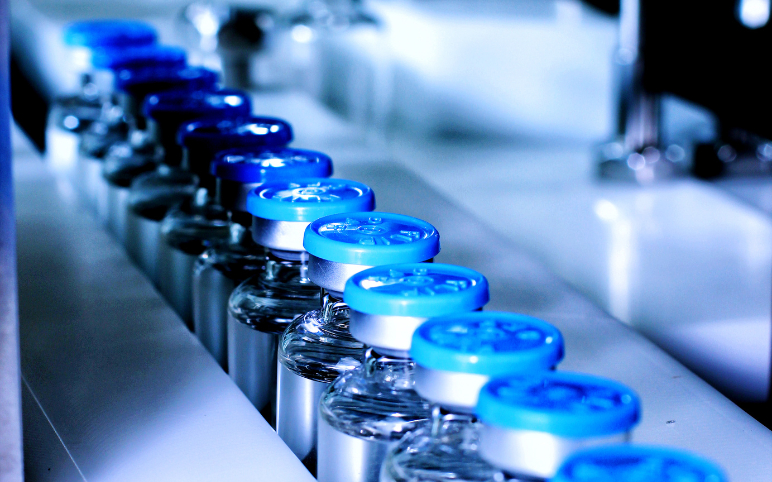Bristol-Myers, AstraZeneca in legal hot seat over Onglyza heart failure warning
Last year, the FDA called for stronger heart-failure warnings on the label of AstraZeneca Type 2 diabetes med Onglyza. And now, AstraZeneca and former partner Bristol-Myers Squibb are being hit with 14 lawsuits related to the med’s heart failure risks. The suits, filed in the District of New Jersey, claim the drug makers failed to warn users that Onglyza and related combo product Kombiglyza XR can cause cardiac arrest, congestive heart failure, and death. The pharma pair began marketing Onglyza in 2009 before conducting clinical trials to see whether it upped patients’ cardiac risks, the plaintiffs allege, ignoring 2008 FDA guidance that urged companies to “demonstrate that” new therapies “will not result in an unacceptable increase in cardiovascular risk.” AstraZeneca, for its part, “is confident in the safety and efficacy of Onglyza, when used in accordance with the FDA-approved label, which has been established through clinical trials. We will vigorously defend against the allegations made by the plaintiffs,” a spokeswoman said in a statement.
PhRMA expected to weed out some members with new R&D rules
PhRMA, which has already rid itself of a couple of members who had brought unwanted attention to the industry for their practice of jacking up prices, will vote on new membership rules that are expected to trim its membership, and hopefully criticism, even further. PhRMA spokeswoman Holly Campbell said today she could not discuss details of the new rules ahead of tomorrow’s vote. The group began reviewing its bylaws to focus on “research-based biopharmaceutical companies who take significant risks to bring new treatments and cures to patients,” as public criticism over drug pricing has escalated. PhRMA’s new rules will require members to invest at least $200 million a year on average over three years of research and development. Their R&D budgets would also have to equal at least 10% of their global sales.



